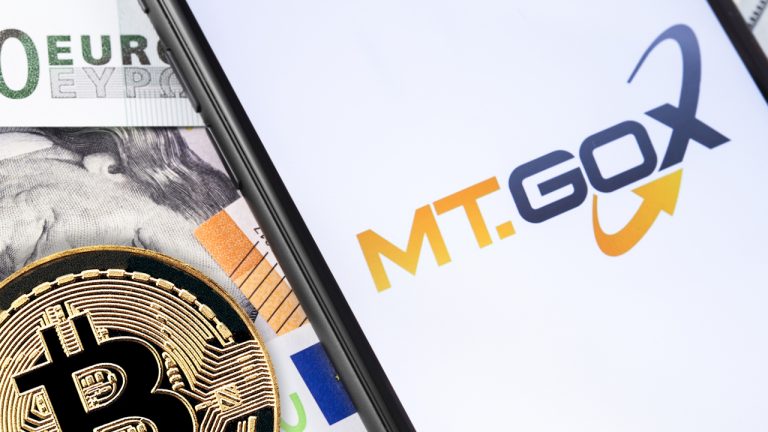
Former Kraken CEO Jesse Powell previously warned crypto investors about the risks of holding crypto on a centralized exchange.
Kraken is the latest cryptocurrency exchange to restrict accounts of Russian users on its platform in compliance with sanctions from the European Union.
On Oct. 19, Kraken sent out email statements to its Russian clients to announce that the exchange is halting services to its Russian customers.
“Due to the new European legislation, we have to take measures to restrict your Kraken account,” the company said. According to an email statement seen by Cointelegraph, Russian users would be able to withdraw their funds by request.
“We will update our support center if there are any changes,” Kraken noted, adding: “We apologize for the inconvenience caused.”
Kraken didn’t specify whether there’s a time limit to withdraw the funds from the exchange for Russian citizens. A spokesperson for Kraken told Cointelegraph that the firm complies with the “legal and regulatory requirements in all jurisdictions” of its operations. “Since the EU’s announcement, we have been working to make the changes needed to comply with the latest package of sanctions against Russia,” the representative noted.
The latest restrictions on Kraken are not the first time the exchange has dealt with regulators forcing centralized exchanges to shut down certain accounts.
In February 2022, former Kraken CEO Jesse Powell condemned the Canadian authorities for freezing crypto wallets involved in funding local COVID-19 protests. He explicitly warned the public that Kraken could be forced to freeze some wallets by regulators, advising crypto investors to move crypto out of exchanges.
“If you’re worried about it, don’t keep your funds with any centralized or regulated custodian. We cannot protect you,” Powell said at the time.
By restricting Russian users on its platform, Kraken joins the increasing number of global crypto exchanges and wallets that stopped servicing Russians in compliance with the latest EU sanctions against Russia.
As previously reported, several crypto firms, including Blockchain.com, Crypto.com and LocalBitcoins, have ceased operations for Russians.
Related: Russian users are welcomed by crypto exchanges in Kazakhstan, but there’s a catch
Bitfinex, one of few exchanges that previously opposed banning non-sanctioned Russians from using its platform, appears to have been forced to comply with sanctions as well.
“We comply with all the regulations under which we are bound and are monitoring this situation closely,” Bitfinex’s senior PR manager, Joe Morgan, told Cointelegraph on Oct. 20. Bitfinex chief technology officer Paolo Ardoino previously recommended that investors use noncustodial hardware wallets to better protect their funds.
The new crypto sanctions are part of the EU’s eighth package of sanctions that were imposed on Oct. 6. The sanctions put a blanket ban on any crypto transactions and payments between Europe-regulated companies and Russian users. The EU initially adopted its first crypto sanctions against Russia in April, limiting Russian users or residents from trading if their holdings exceeded 10,000 euros ($10,000) at the time.










